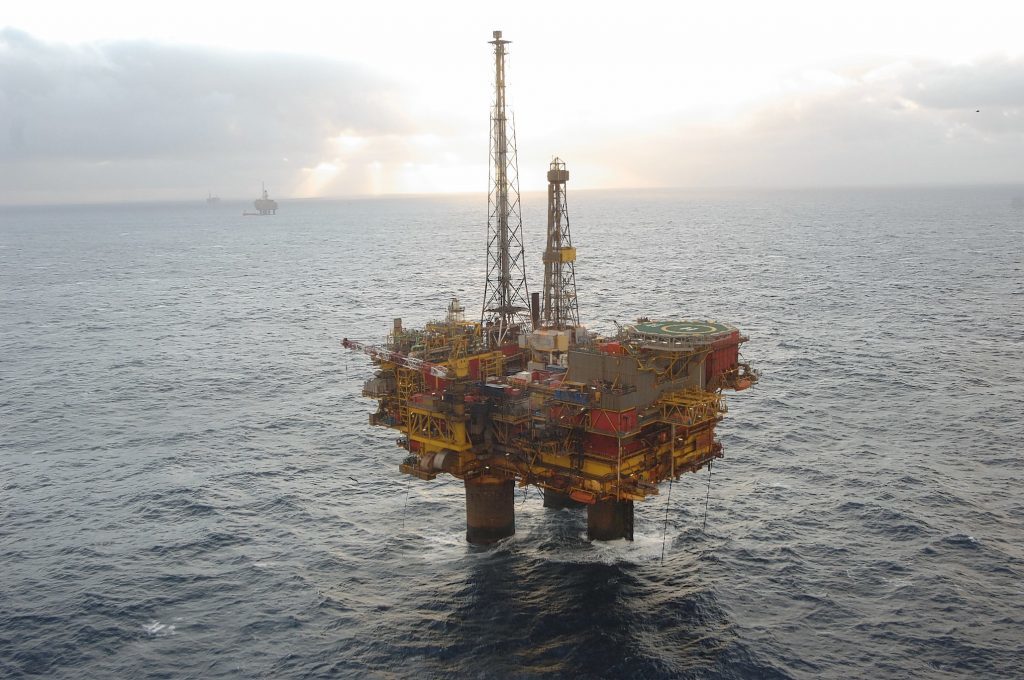
The exchange that’s home to Brent crude futures hired a consultant to discuss with traders, banks and other market participants measures to revamp how North Sea oil prices are calculated.
Intercontinental Exchange Inc. hired Energex Partners, founded by former Morgan Stanley oil traders, to discuss potential changes to the multi-layered North Sea market that includes both physical and financial benchmarks. Given that such reviews are normally led by energy and commodity price publisher S&P Global Platts, the move suggests ICE is taking a more proactive role in shaping the mechanisms that underpin its biggest energy contract.
Brent crude futures compete with West Texas Intermediate as the world’s most-traded oil contracts, with the equivalent of billions of barrels normally held at any one time. They’re also intertwined with the work of Platts, whose daily assessments are used to benchmark millions of barrels of trades every day. The publisher’s key North Sea price is based on four grades: Brent, Forties, Oseberg and Ekofisk.
“The work we are doing with Energex Partners is forward looking and recognizes that the benchmark needs to continue to evolve,” David Peniket, the president of ICE Futures Europe, said in an interview. “Over time, this is likely to mean broadening out to bring in crude produced outside the North Sea region.”
The hiring of a consultant to review the North Sea oil market comes at a time when Platts itself is already talking to parts of the market about possible changes to its Dated Brent benchmark. Platts opened a formal consultation last year on a proposal to add new grades to the Brent benchmark. The price assessment agency was in particular considering the Norwegian Troll crude grade.
The future of the Brent contract will be a key topic of conversation this month during the annual International Petroleum Week oil conference, that every year gathers thousands of traders, refiners, bankers and others in London for talks.
Recommended for you
